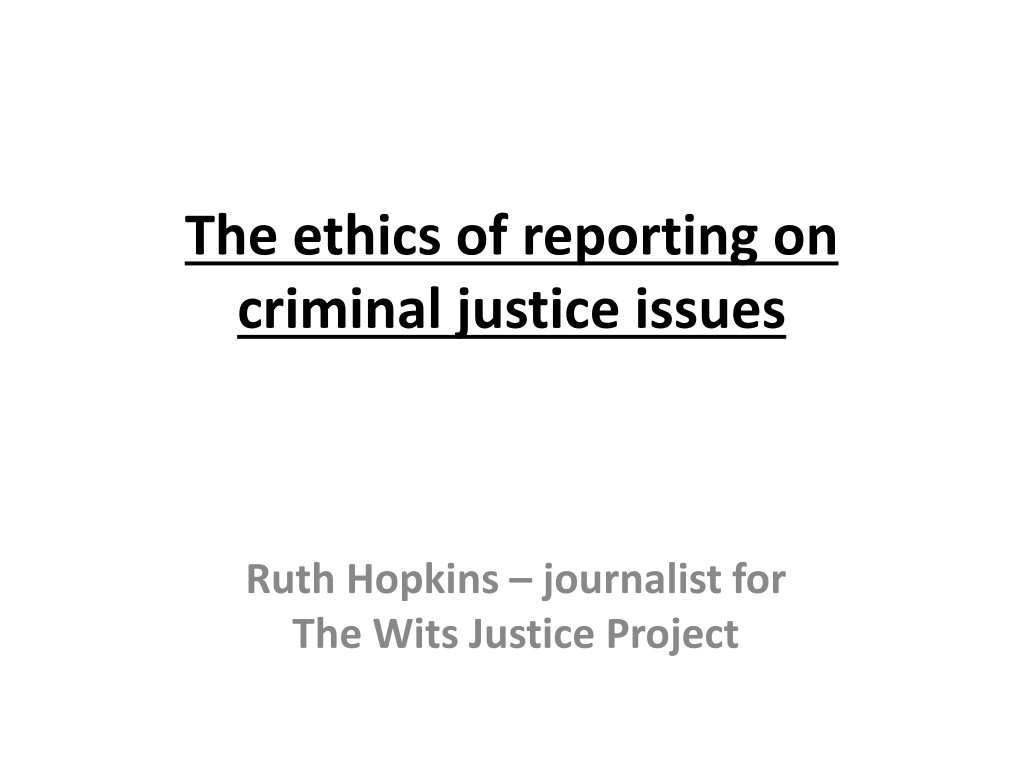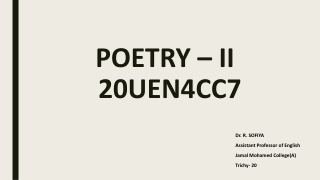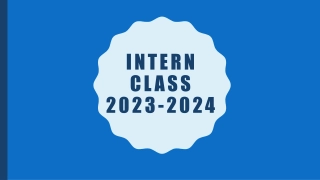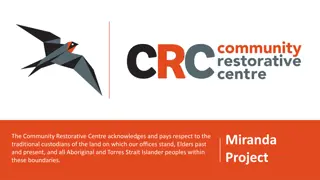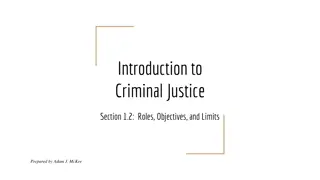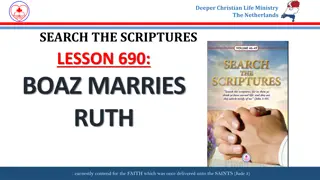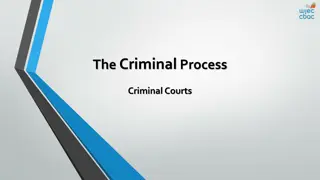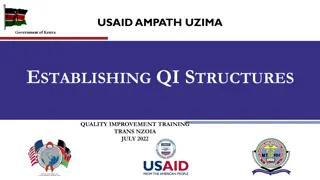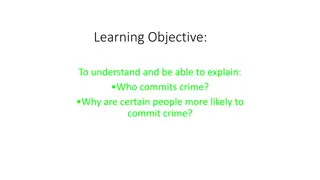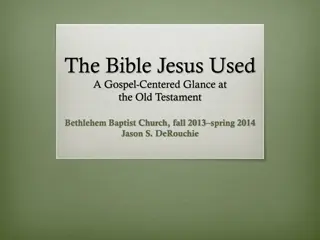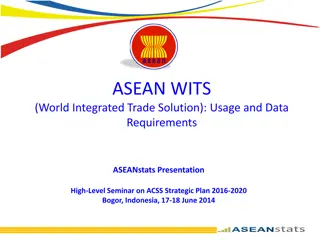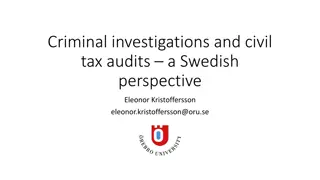Exploring Ethics in Criminal Justice Reporting by Ruth Hopkins at The Wits Justice Project
This piece delves into the importance of ethical considerations when reporting on criminal justice issues, as highlighted by journalist Ruth Hopkins at The Wits Justice Project. The article features quizzes posing ethical dilemmas faced by reporters, emphasizing the need for transparency, corroboration, and professionalism in journalism. It also outlines editorial guidelines developed by The Wits Justice Project to ensure integrity in reporting.
Download Presentation

Please find below an Image/Link to download the presentation.
The content on the website is provided AS IS for your information and personal use only. It may not be sold, licensed, or shared on other websites without obtaining consent from the author. Download presentation by click this link. If you encounter any issues during the download, it is possible that the publisher has removed the file from their server.
E N D
Presentation Transcript
The ethics of reporting on criminal justice issues Ruth Hopkins journalist for The Wits Justice Project
QUIZ: what would you do? A police source tells you there are 7 bodies buried in the backyard of a drug lord s granny A. Go to the backyard and count the bodies B. Write the story claiming there are 7 bodies in the back yard C. Find eye witnesses to corroborate what the police source said D. None of the above
QUIZ: what would you do? An important source asks you to convert to Christianity A. You agree on the spot B. You politely decline C. You convince him Islam is a better idea D. You run
QUIZ: what would you do? You uncover a wrongful conviction and publish online. The lawyers of the accused now want you to submit an affidavit disclosing everything that was said in interviews with your sources. A. You agree and sign the affidavit B. You decline because journalists should always remain independent C. You agree, but only if the affidavit will provide crucial evidence in the case D. You can t decide and let the opportunity pass
QUIZ: what would you do? A government official visits your office to tell you to stop talking to a source, who you had been meeting in secret, off-the-record. A. You ask him/her how they know you were talking to the source B. You deny speaking to the source C. You neither confirm nor deny speaking to the source, but ask the official where he/she got the information from D. You say nothing at all
Who are the people involved? Prisoners Lawyers Victims of crime Family members Government officials
Editorial guidelines The history of the ethical guidelines developed by The Wits Justice Project
Ethical guidelines: Interviews Transparency and informed consent Disclosing your identity and being on the record
Ethical guidelines: Corroboration Eye witness to the event who is prepared to be named and/or sign an affidavit; One or more corroborating eye-witnesses who are prepared to be named and/or sign an affidavit; Hard evidence (original documentation, court documents);
Ethical guidelines: Fact Checking Each journalist is responsible for fact-checking their article. When no other record of an interview is available other than the journalist s memory or notes, then the person being quoted should be contacted to check the quote.
Ethical guidelines: Anonymous sources A source s identity can not always be revealed because of serious safety concerns. At least one other member of the team (the journalist concerned and a colleague) must know the identity of the source. When the source is unnamed, the journalist must present documented proof or other hard evidence.
Ethical guidelines: Right of reply The people we make allegations towards must be given the opportunity to submit a right of reply . They must be given a reasonable deadline to do so. If it is about a member of an organization then attempts must be made to seek comment from both the individual and the organization.
Ethical guidelines: Right of reply (2) Question: Should the whole article be sent or only the relevant portions? It is the responsibility of the journalist to make every effort to confirm that those concerned have read the document. If the journalist makes significant factual changes to the article, after comment has been given, comment must be sought again.
Data Protection The journalist must ensure that all data and information on a case is kept safe. 1. This is so they have proof AFTER they go to print. 2. It is also so they protect themselves BEFORE going to print.
Journalist Safety Working as a journalist can be dangerous. WJP ensures the Project Co-ordinator or team member is aware of all the places and areas the journalist concerned is visiting. Frequent contact is compulsory and company may be necessary.
